The never-ending Linguistic War between Kenya and Tanzania
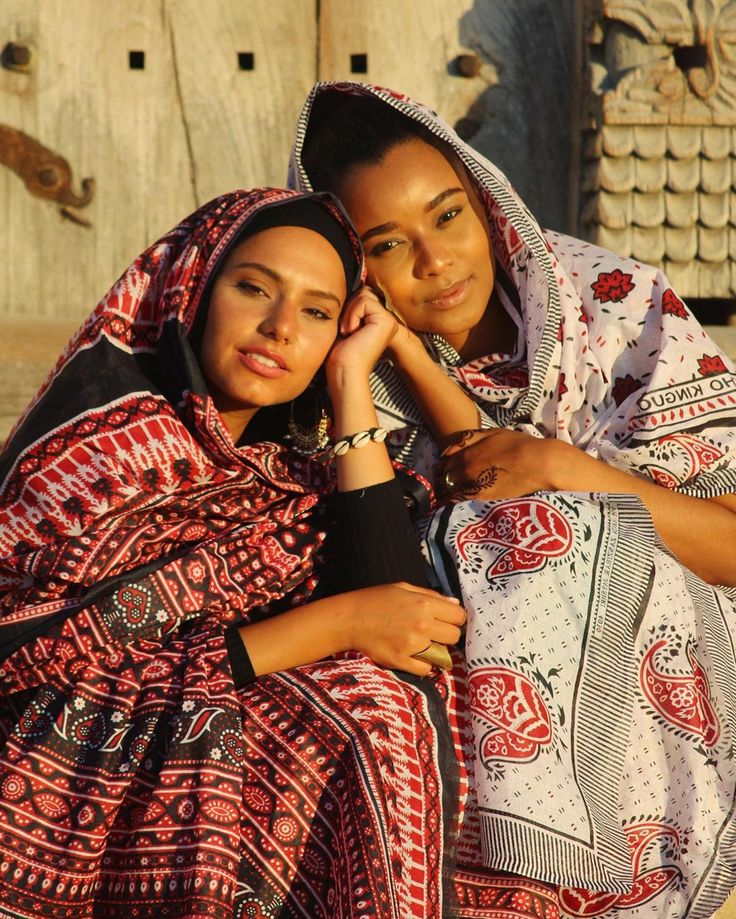
Introduction
Swahili language is one of the most widely spoken languages in Africa. It has approximately over two hundred and thirty million speakers across the world.
It is spoken in East Africa and parts of Central and Southern Africa.
So, what really is this language?
Kiswahili
There is still discussion and confusion on whether Swahili is a language creole or pidgin to date. While others would say originally there were no native speakers of the language, there exists a people called the Swahili (Waswahili) who inhabit the coastal parts of East Africa.
Some would argue and say Swahili belongs to the Bantu family of languages which share an extensive pool of common lexicon as well as an elaborate noun class system.
It relies ninety nine percent on the Bantu related languages and the similarities are easily noticed.
Links between East Africa and Arabic speaking countries over centuries have resulted in a high incidence of Arabic loanwords on Swahili; an occurrence which has sometimes led to the mistaken belief that Swahili is a ‘mixed language’.
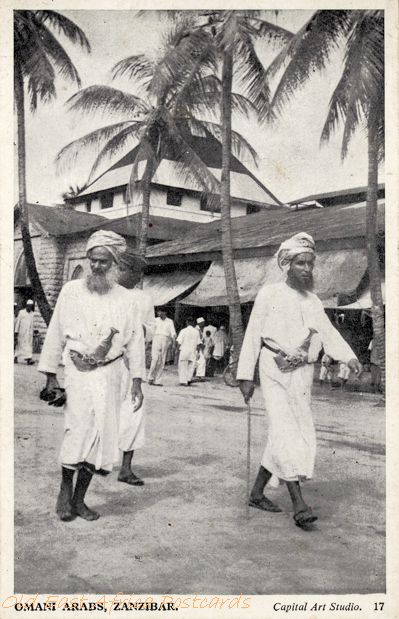
Swahili also borrows from other languages like Portuguese, Hindi, Turkish and so on. Some words were coined due to lack of an equivalent in the local language. Words like Meza meaning table originally came from Spaniards
Nationalization (Post-colonial period)
Kiswahili was made the national language of two countries; Kenya in the 1970s and Tanzania in the 1960s

Note: Swahili is spoken more in Kenya and Tanzania compared to the rest of the other parts of East, Central and Southern Africa
KENYA
Kiswahili had to overcome all odds in the 1960s and 70s even to be accepted as the national language in Kenya because at that time only 40 per cent of Kenyans then could competently speak in Kiswahili and a lot of work would have to be done to encourage the other 60 per cent to accept the language.
Initially English was used an official language across the country. Some might ask, were there no languages apart from English? Well, Kenya has 42 indigenous languages, so during the colonization period, a lot of people used to communicate in their own indigenous languages and Swahili was not popularized back in the days, except at the coastal region of Kenya. So naturally at this point Swahili became a third or fourth language to many.
TANZANIA
Even though Tanzania has a lot more indigenous languages compared to Kenya, they knew the game too early. Swahili was made an official language immediately after independence and because of its popularity, not so many people used their local languages for communication but instead opted to use Swahili. I guess this is the reason why a majority of Tanzanians speak very good quality Swahili. Everything was in Swahili, from the language of instruction to official government business.
Modern day Internet Wars
With the new face of technology and creation of apps like Instagram, Tiktok, X etc. there has been a never ending internet ‘war’ over the years about the origin and ownership of the language.

This linguistic war of course only notoriously exists between Kenya and Tanzania. Each of these countries claim to be the original speakers of Swahili with plenty of backed up evidence tracing back to the Oman Arabs trade along the shores of Indian Ocean. Well, the Indian Ocean stretches across both countries!
On social media platforms whenever a foreigner says they love the language, it is always a tag of war in the comments section. People from Tanzania and Kenya throwing jibes, each claiming to be the original. It is so funny to see this sibling-kind of rivalry.
The Difference
Now that we have looked at the origin of Swahili and popularity between Kenya and Tanzania, let me take you through how it is the same language but in different “fonts”.
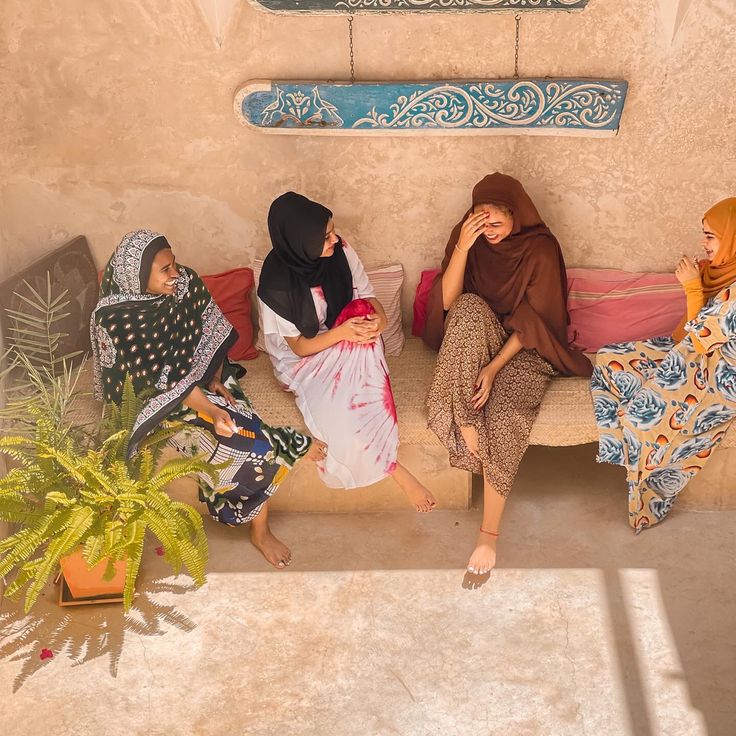
Tanzanians are known to speak very nice Swahili, almost perfect. It sounds like music to your ears. The way the pronunciation rolls off their tongues is glamorous. This version of Swahili is pure and innocent. From the music they create which is just poetry itself, it is without a doubt that Tanzanians gracefully have a great command of the language.
Kenyan version on the other hand is like that one kid in class who is notorious and always causing trouble. Yes, Swahili was butchered as soon as it arrived the capital city, Nairobi. These are the Barbie’s of the country, too westernized and sophisticated.
Swahili sounds foreign in the city . It is mixed with local languages and English to form what is now referred to Sheng’. The higher you go, the further the language falls apart. No one cares about grammatical rules as they speak, as long communication is achieved but if you want to learn how to speak good Swahili in Kenya it’s better to reside the coastal counties like Lamu, Mombasa, Kwale, Kilifi and Tana River.
The Accents
Kenyan Swahili accent especially Nairobi and other parts of Kenya is equivalent to American English Accent, easy and sexy but can differ according to certain parts and states. For example New York accent, Jersey, California and the Southern states accents like South Carolina.
Tanzanian Swahili accent on the other hand especially coastal regions {not all regions} like Mombasa, Comoro Island, some part of Mauritius and Zanzibar, is like the British accent. Nice and classy. Very demure, very mindful.
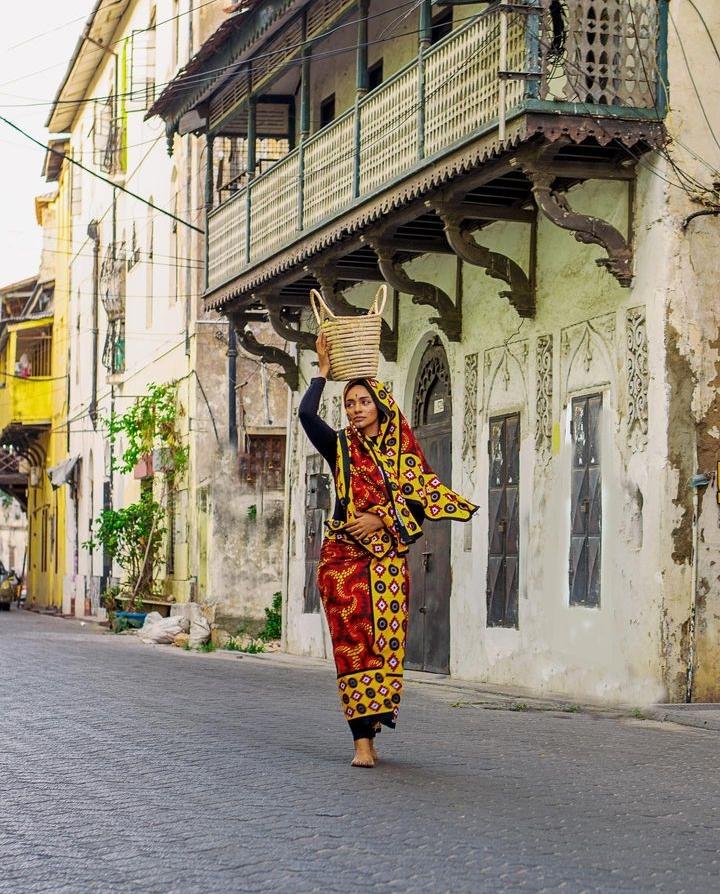
Congolese Swahili accent is compared to Australian English accent meaning its quite different from the Kenyan and Tanzania Swahili.
Verdict
From a professional linguist perspective, I say it all depends on preference. If Tanzania Swahili sounds good to you then with all means go for it. If you are looking for a more hood type of Swahili then for sure the Kenyans will help you with that.
The Tanzania Swahili helps a lot if you are about official business and want to achieve an almost native level of speaking Swahili.. I am not saying that they are strict in observing the rules, but believe me when I say, you will not even notice they made a mistake because you will get carried away by how nice words roll off their tongues.
For the Kenyan case unless you associate yourself with people around the coastal regions especially Mombasa and Lamu island, then you can achieve similar results to Tanzania type of Swahili. And yes, don’t crucify me for hyping Tanzania Swahili, you know what I mean. As a Kenyan, believe me, I mean there is a reason why whenever Swahili language comes up in any prompted language selection it has a Tanzanian flag against it. Anyway Hakuna Matata on both sides.
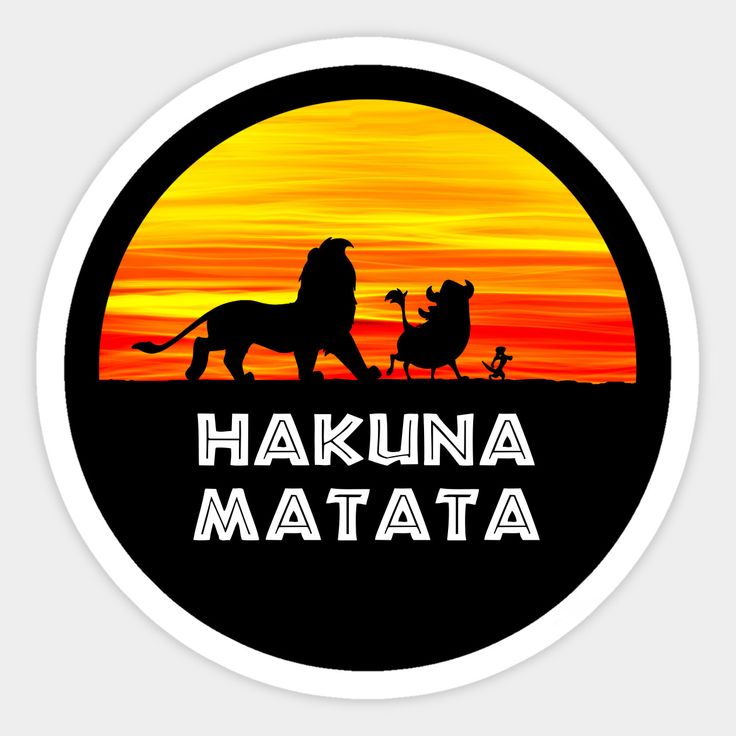
2 responses to “Who Owns The Swahili Language”
-
that was very insightful
-
Amazing
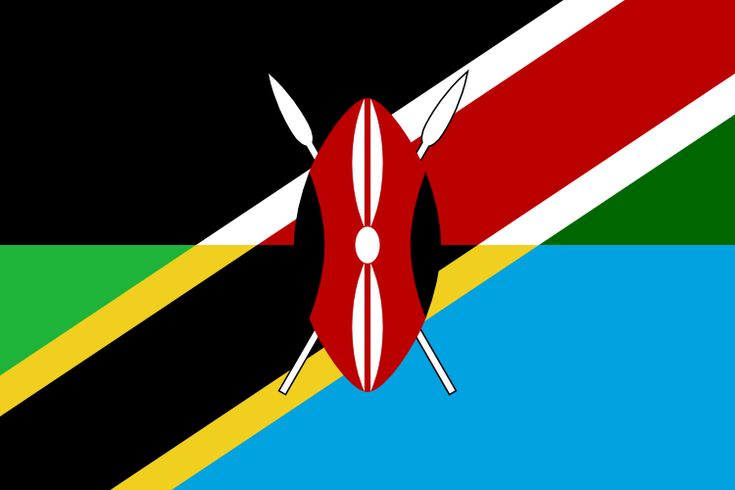
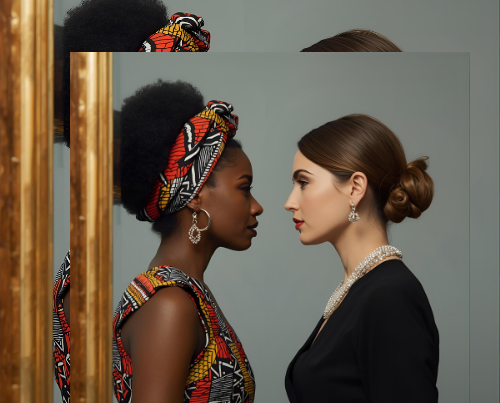
Leave a Reply